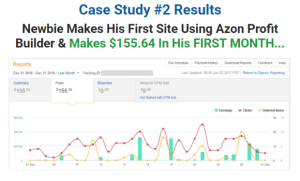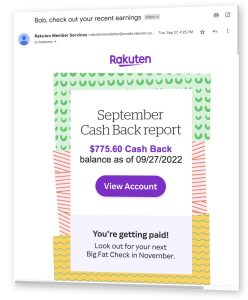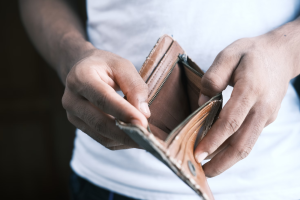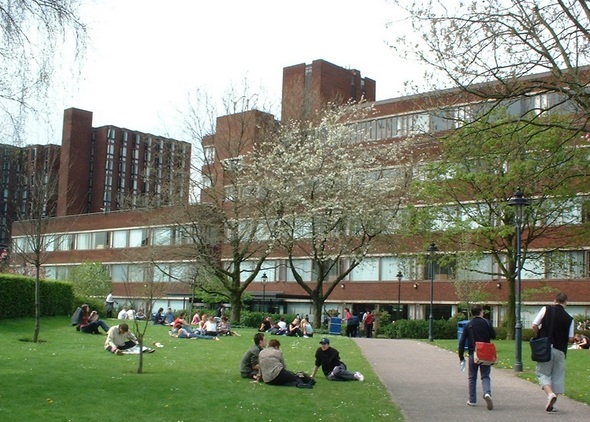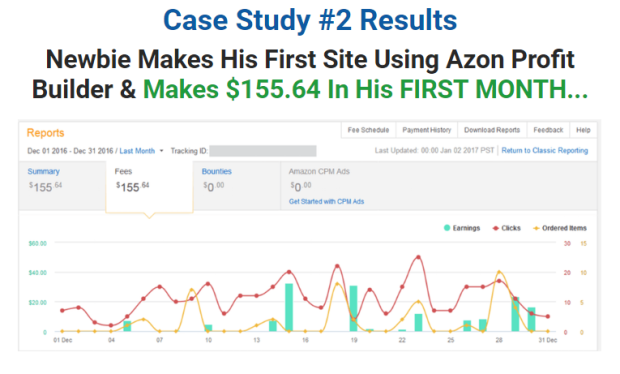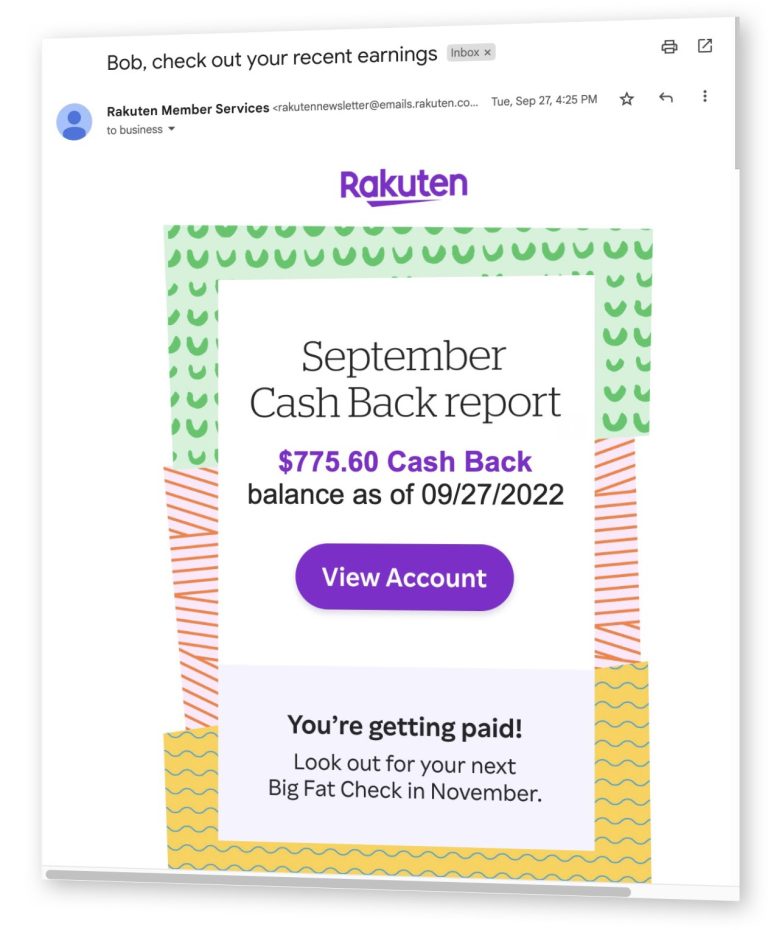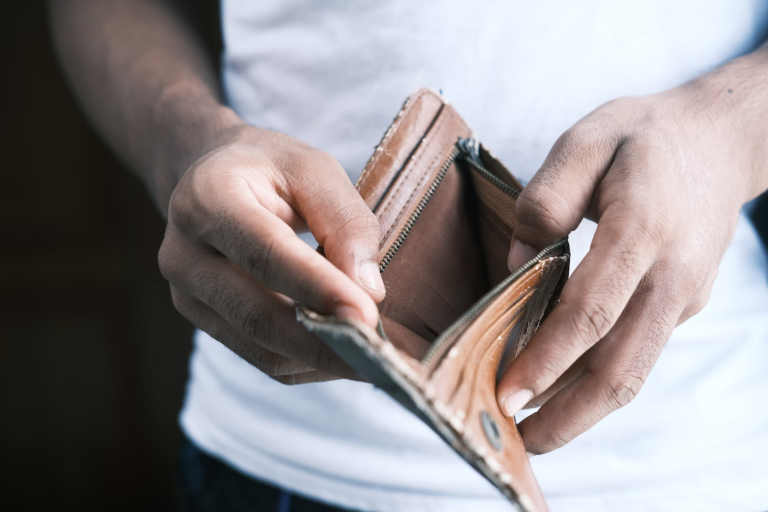Ignoring student loans can damage your credit score, lead to wage garnishment, and accrue interest and fees. It may also result in legal action, tax refund offsets, and impact co-signers, making it crucial to address repayment issues promptly with your loan servicer.
Student loan debt in the United States stands at $1.727 trillion as of 2023. The repayment process may seem overwhelming if you’re among the more than 43 million borrowers with outstanding student loan debt. When the bills start piling up, you may ask yourself, “What happens if I don’t pay my student loans?” Here, we’ll take a closer look at student loans and what happens if you ignore them.
What Happens If I Don’t Pay My Student Loans?
Technically, failure to make just one student loan payment could put you in default. However, the default period for federal student loans is generally 270 days, while the default period for private student loans depends on the terms of the loans.
Once you default on your loan, lenders can take steps to recover these funds. It’s essential to understand what could happen if your student loan debt goes into default.
Consequences of Not Paying Student Loans
If you’re struggling to meet all your financial obligations, you might consider not paying your student loans. However, ignoring this debt tends to lead to even more trouble. Below are several consequences you could face for not paying your student loans.
Drop in Credit Score
Depending on the student loan type, missing just one payment could damage your credit. Because payment history accounts for up to 35% of your overall FICO® credit score, having just one missed or late payment often hurts your credit. Unfortunately, these missed payments remain on your credit report for up to seven years.
Get matched with a personal
loan that’s right for you today.
Poor credit might impact your ability to purchase a car or a home, rent an apartment, or even land your dream job. It’s important to take action before you miss a payment.
Fall Deeper Into Debt
Ignoring your student loan debt won’t make it go away. In fact, it will only make matters worse. Failing to make your monthly payments only prolongs the time it takes to pay off your debt, and your loan continues to accrue interest during this time. The longer it takes to pay off your student loans, the more you’ll end up paying in interest.
Wage Garnishment
If you have federal student loans, it’s important to realize that the government has power to collect this money if you fail to pay. One of these powers is wage garnishment—the federal government can garnish up to 15% of your disposable income. This can be a huge hit to your budget and should be avoided if possible.
Loss of Tax Refund
Are you expecting a tax refund this year? If you default on your federal student loan, there’s a good chance you’ll lose it. Once in default, the federal government has the power to take all or a portion of your tax return until the amount due is paid.
Damage Cosigner’s Credit
You may not be the only one impacted by ignoring student loan debt. If a cosigner helped you get one or more of your student loans, they can be impacted by late loan payments. It’s critical to speak to your cosigner when you realize you may not have the funds to pay your student loans.
Go to Court
While the government doesn’t have to take you to court to collect federal student loan payments, private lenders do. Depending on the terms of your loan, you could be in default after missing just one payment. Private lenders can sue you to collect payments. If you’re sued, you may need to find an attorney who works with student loan debt cases to help you through the court process.
Debt Doesn’t Go Away
Student loan debt doesn’t disappear just because you ignore it. Instead, it could haunt you for the rest of your life. There’s no statute of limitations for collecting federal loans.
On the other hand, private lenders must adhere to state statutes of limitations. While this may limit the time they have to sue you in court, it doesn’t stop them from trying to collect this debt. This means debt collectors could hound you for the rest of your life.
What to Do If You Can’t Afford to Pay
If you simply don’t have funds to pay your student loans, the last thing you want to do is ignore the problem. There are several steps you can take to avoid making this situation worse.
Check Your Credit
Before you take any action regarding your student loans, take the time to check your credit report. Credit.com’s Free Credit Report Card can help you see what debt is already impacting your credit health.
Check the National Student Loan Database
If you have federal loans, you can use the National Student Loan Database to check the status of your loans. This database provides information about your payments and total debt amounts.
Switch or Update Your Repayment Plan
If you have federal student loans and you’re struggling to keep up with your current repayment plan, you may be able to change it. Start by contacting StudentLoans.gov and explaining your situation. They can help you switch or update your repayment plan to make the payments more affordable.
Contact Your Lenders
If you have private loans and are struggling to make your monthly payments, start by contacting the lender directly. If your situation is temporary, such as a loss of employment or medical condition, you can request a deferment of your payments. This step essentially pauses your payments for a set period, such as six months, to give you time to deal with your situation.
Consider Debt Consolidation
Making monthly payments on multiple student loans can be extremely difficult. If you’re in this situation, it may be time to consider debt consolidation. This strategy allows you to combine all your student loans into one. Rather than having several monthly payments to make, you’ll just have one.
Talk to an Attorney
If you simply can’t afford to pay your private student loans, bankruptcy is another alternative. However, filing for bankruptcy can negatively impact your credit for up to 10 years. You should only consider this step after trying all other methods.
Apply for Student Loan Forgiveness
Check your student loan forgiveness options if you haven’t done so already. Depending on your specific situation, you may qualify for student loan forgiveness, discharge, or cancellation of debt.
Be Proactive About Your Credit
Now that you know about the potential negative consequences of not paying your student loans, you know how important it is to be proactive about them. Start by checking your Free Credit Score with Credit.com to see how where you stand and how your student loans could impact your credit.



